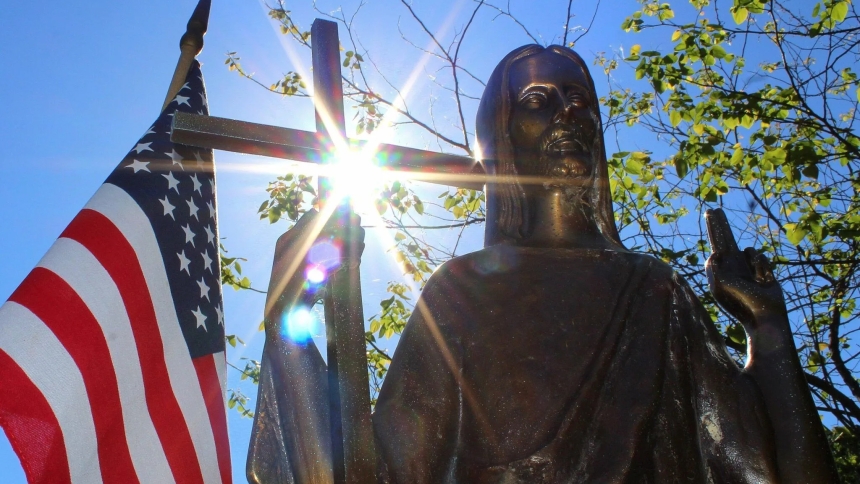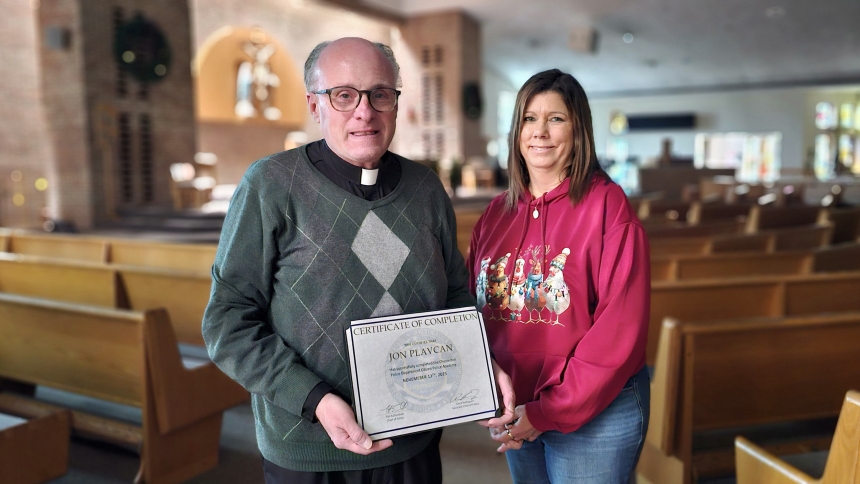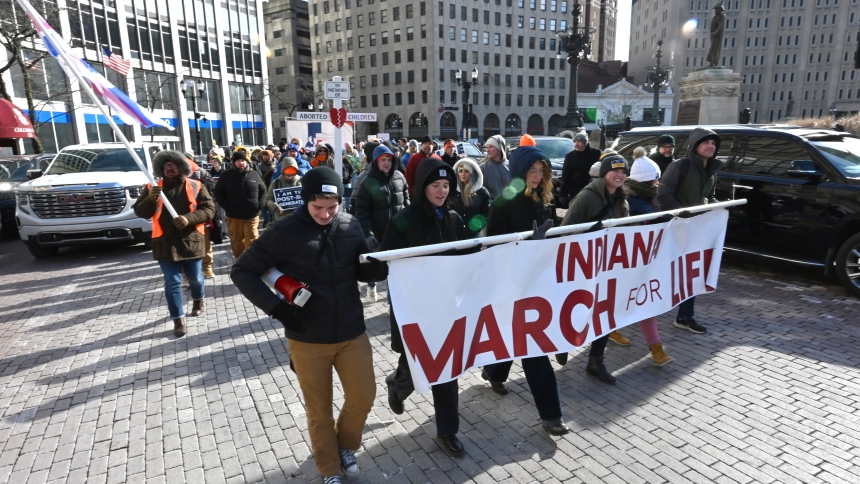
WASHINGTON (OSV News) — “Called to the Fullness of Dignity” is the theme of this year’s Religious Freedom Week of the U.S. Conference of Catholic Bishops.
The observance opens June 22, the feast day of Sts. Thomas More and John Fisher, both English martyrs who fought religious persecution. The week ends June 29, the feast of Sts. Peter and Paul, and includes the Nativity of St. John the Baptist, which is June 24.
Building on this year’s annual report by the USCCB’s Committee on Religious Liberty, Religious Freedom Week 2024 highlights concerns about attacks on houses of worship.
“There is no greater threat to religious liberty than for one’s house of worship to become a place of danger, and the country sadly finds itself in a place where that danger is real,” the committee said in its 48-page report, “The State of Religious Liberty in the United States,” issued in January.
Religious Freedom Week also calls attention to threats to Catholic ministries that serve immigrants.
“In recent years, Christian services to migrants have faced aggressive accusations by both media personalities and political leaders seeking to advance a certain narrative about current immigration trends,” said the June 7 USCCB release on the upcoming weeklong observance. “The attacks on both sacred spaces and ministries to migrants reflect the political and cultural polarization that has come to characterize so much of American life.”
One recent example of political leaders’ aggressive moves against assistance for migrants by churches and other nonprofits is Texas Attorney General Ken Paxton’s attempt to shut down El Paso’s Annunciation House, a Catholic nonprofit serving migrants. A couple of months after Paxton’s previous effort was blocked by a judge, his office said May 8 it filed an application for a temporary injunction against Annunciation House, accusing it of “systemic criminal conduct in Texas,” including facilitating illegal border crossings or concealing “illegally present aliens from law enforcement.” Annunciation House’s lawyer said those are false allegations.
In his earlier attempt to shut down Annunciation House, Paxton accused it of “human smuggling,” which was denounced by Catholic immigration advocates, including El Paso Bishop Mark J. Seitz.
The special week “encourages Catholics do their part to promote civility by recognizing the dignity of all people and inviting others to do the same,” the release said, adding that “through prayer, education and public action during Religious Freedom Week, the faithful can promote the essential right of religious freedom for Catholics and for those of all faiths.
The USCCB provides “Pray-Reflect-Act” resources at www.usccb.org/ReligiousFreedomWeek. Each day focuses on different religious liberty topics for prayer, reflection and action.
Once again, the Committee for Religious Liberty, in collaboration with the USCCB Secretariat of Catholic Education and Our Sunday Visitor Institute, hosted a religious liberty essay contest. Contestants were asked to share the story of a witness to freedom — a story of the people who inspire us. The top essays from the competition will be published during Religious Freedom Week at www.usccb.org/ReligiousFreedomWeek.
To connect with the USCCB’s Committee for Religious Liberty, text FREEDOM to 84576 and sign up for “First Freedom News,” the Committee for Religious Liberty’s monthly newsletter. The committee’s 2024 report on “The State of Religious Liberty in the United States,” issued in January, can be found at https://usccb.cld.bz/Religious-Liberty-Annual-Report/2.
Caption: Sun shines through a statue of Christ on a grave marker alongside an American flag at St. Mary Catholic Cemetery in Appleton, Wis., in this 2018 photo. The U.S. Conference of Catholic Bishops' annual Religious Freedom Week takes place June 22-29, 2024. (OSV News photo/Bradley Birkholz)


